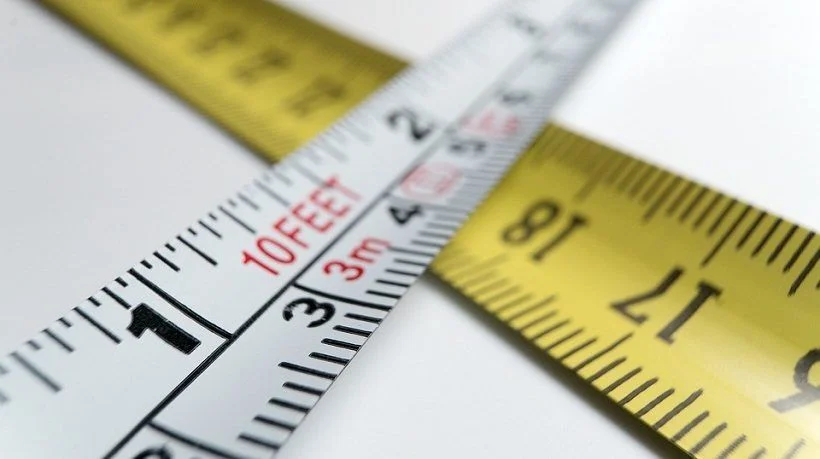Do Measurements Matter?

Measuring is an important part of many scientific and industrial processes. In fact, accurately measuring the properties and quantities is often essential for understanding and controlling various physical, chemical, and biological processes. Measurement provides us with the ability to quantify and understand the world around us, enabling us to make informed decisions, solve problems, and evaluate outcomes.
The science of measurement is called metrology, and it plays a crucial role in many fields, including science, engineering, manufacturing, and commerce. Metrology is concerned with the development of accurate and reliable measurement standards, instruments, and techniques for the quantification of physical quantities such as length, mass, time, temperature, and electric current.
Metrology provides a means of ensuring that measurements made in different places and at different times can be compared and are consistent with each other. It's also provide a common language for communication, facilitate comparisons and support standardization.
To understand the importance of metrology just think of the accident that occurred in 1999 with the Mars Climate Orbiter mission. Due to a miscommunication between NASA and its contractor, measurements were mistakenly taken in pound-force seconds (lb·s) instead of the intended metric unit of newton-seconds (N·s). This oversight resulted in the spacecraft approaching Mars at a lower altitude than planned, leading to atmospheric entry and subsequent disintegration. This unfortunate incident serves as a reminder of the critical role that precise and accurate measurements play in the success and safety of space exploration endeavours.
In recent years, the field of metrology has become increasingly important as advances in technology have made it possible to make measurements with greater precision and accuracy. This has led to the development of new measurement standards and techniques, and has enabled scientists and engineers to make new discoveries and push the boundaries of knowledge in many fields.